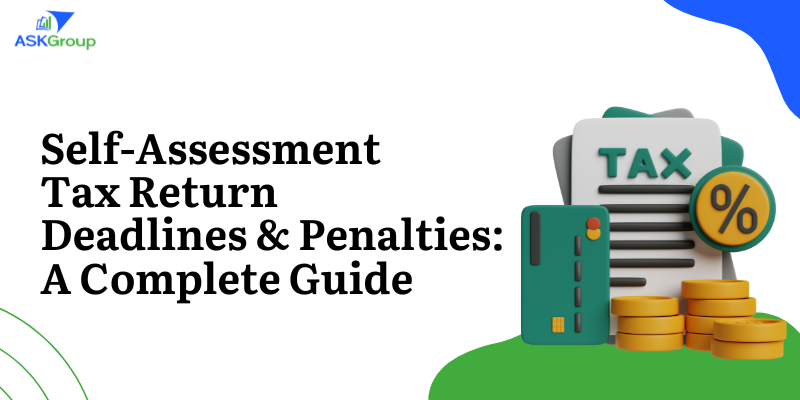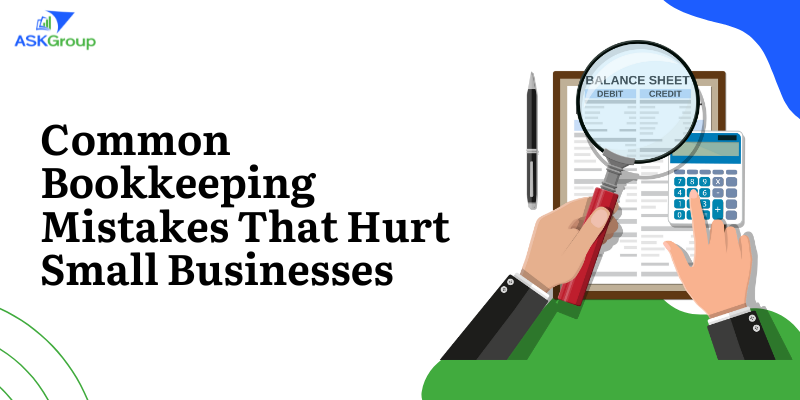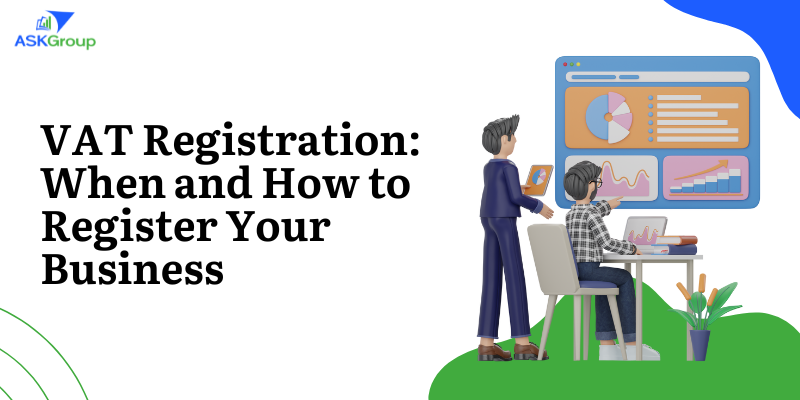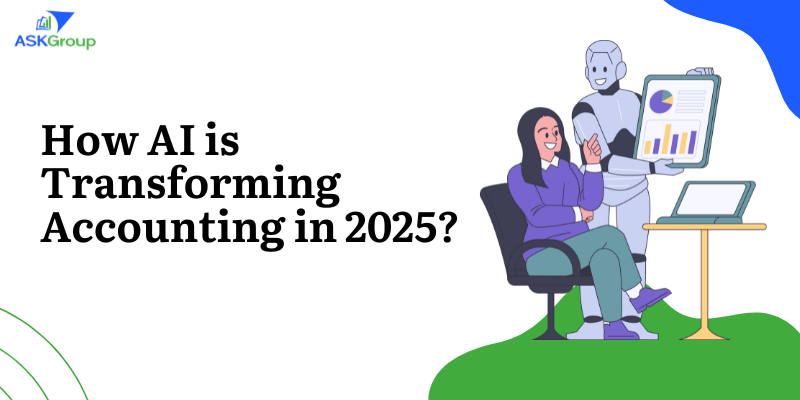
Artificial Intelligence (AI) is revolutionizing the world of industries and let’s not forget, accounting is not an exception. In 2025, AI is transforming everything from processing, analysing, and reporting financial data. It is also speeding, increasing accuracy, and boosting the efficiency of accounting.
Whether it is automation of repetitive work, or detecting fraud, AI in accounting is reinventing the game in the world of accountants as well as business. Let’s find out more on how AI is rising the accounting segment of any businesses in 2025 and becoming its partner rather than a replacing competitor.
Introduction
Automation of routine tasks is one of the greatest implications of AI in accounting field. Conventionally, accountants devoted hours of their time manually typing of data, reconciled transactions and reported at a fee. Today, you can use AI-driven software to manage each of such things in seconds.
Machine learning algorithms are highly accurate in extracting data in invoices, receipts and bank statements hence the human element of error is minimized. There are ready tools such as Xero and QuickBooks that currently use AI to categorise expenses, match transactions, and even predict cash flow. Such automation allows the accountants to concentrate on strategic decision-making, instead of entering data.
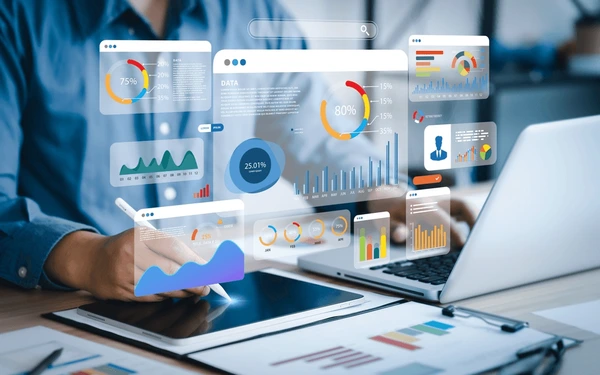
Also, there is a tendency to employ AI-powered chatbots to address trivial questions of clients, including when to have an invoice sent or when it is due. These computer assistants work day and night and enhance the customer care service and lessen the workload of the human employees.
What role is AI playing in the Automation of routine accounting work?
Financial frauds cost companies billions annually, but AI is making financial frauds easy to spot and stop. Past means of detecting fraud were based on rule-based systems, which lacked the capability of detecting advanced scams. However, anomaly detection is used by AI to identify real-time anomalies.
Using the large amounts of transaction data, AI can detect abnormal patterns and raise a red flag in cases where there is a high withdrawal which is not expected or cases of duplicated payments. There are even some advanced systems that use predictive analytics in order to determine the chances of frauds before they occur.
As an example, artificial intelligence platforms such as MindBridge AI Auditor review full datasets instead of samples and the probability of identifying fraudulent transactions becomes high. This forward going strategy assists companies to reduce risks and have financial integrity.
Is There a Way that AI can Enhance Fraud Detection in Accounting?
Financial forecasts play a vital role in business development, and AI in accounting is helping with the process of forecasting more accurately than ever before. Classical forecasting was based on the previous data and the analysis that was made manually, which was lengthy and open to bias. AI instead processes real time-based data of various sources to create dynamic forecasting.
Tools of predictive analytics apply machine learning to understand trends, risk, and invent various scenarios of financial situations. As an example, an AI system may examine market conditions, customer behaviour, and economic indicators and predict cash flow changes. This will enable companies to make competent decisions relating to investments, costs, and development plans.

Applications such as Futrli and Sage Intacct utilize AI to give insights that can be put to use, allowing the business to anticipate changes in the market. Forecasting no longer means making a guess with AI, it is a data-driven strategy.
How is AI becoming Superior in financial forecasting?
One of the general issues is whether AI in accounting will replace human accountants. And the answer is no, that AI is not a tool to replace human expertise, but it increases it. Although AI tends to data processing and routine work, accountants offer critical thinking, ethical judgment, and relations with the clients.
AI technology is able to provide reports and trends but people are able to draw conclusions and suggest the best course of action to their clients. Also, there is the case of the complicated financial decisions, including mergers, tax, and compliance, which still need a person to control them.
Rather than taking over existing jobs, AI is transforming the accountant profession of being an accountant-as-number-cruncher into making accountants act as strategic business advisors. By implementing AI, such professionals will be more competitive, leaving more convenient services to clients.
Will Artificial Intelligence kill Human Accountants?
With the advantages, there are challenges to AI usage in accounting. The issue of data security is also a discussable point since financial data is very sensitive. Companies should make sure that the AI algorithms will adhere to such regulations as GDPR and are well-protected in cybersecurity matters.
One more issue is the learning curve. Accountants will have to be trained to work with AI tools and some possibly suspect that they will lose their jobs out of fear. Companies have to invest in training workers to get most of the opportunities given by AI.
And lastly, AI systems can be known only as good as the data it processes. The inaccuracy of data may produce poor results; therefore, it is critical to keep clean and well-organized financial books.
What are the Problems of AI in Accounting?
By 2025, the application of AI in accounting will be heavily incorporated into accounting activities and practices promising smarter, quicker, and safer financial management. AI is changing the way businesses manage their finances, whether it is automation, fraud detection or forecasting.
Nevertheless, human accountants cannot be avoided. The future is in the hands of the professionals that can match the effectiveness of AI with their experience to provide better financial advice. AI is developing, and, therefore, accounting will be more strategic, data-driven, and Client-centric than ever.

Ask Group
TOP CHARTERED ACCOUNTANT
Lorem Ipsum is simply dummy text of the printing and typesetting industry. Lorem Ipsum has been the industry's standard dummy text ever since the 1500s, when an unknown printer took a galley of type and scrambled it to make a type specimen book. It has survived not only five centuries, but also the leap into electronic typesetting, remaining essentially unchanged. It was popularised in the 1960s with the release of Letraset sheets containing Lorem Ipsum passages, and more recently with desktop publishing software like Aldus PageMaker including versions of Lorem Ipsum.
Categories
- Accounting (2)
- Book Keeping (1)
- Finance (1)
- Tax (1)
- VAT (1)

